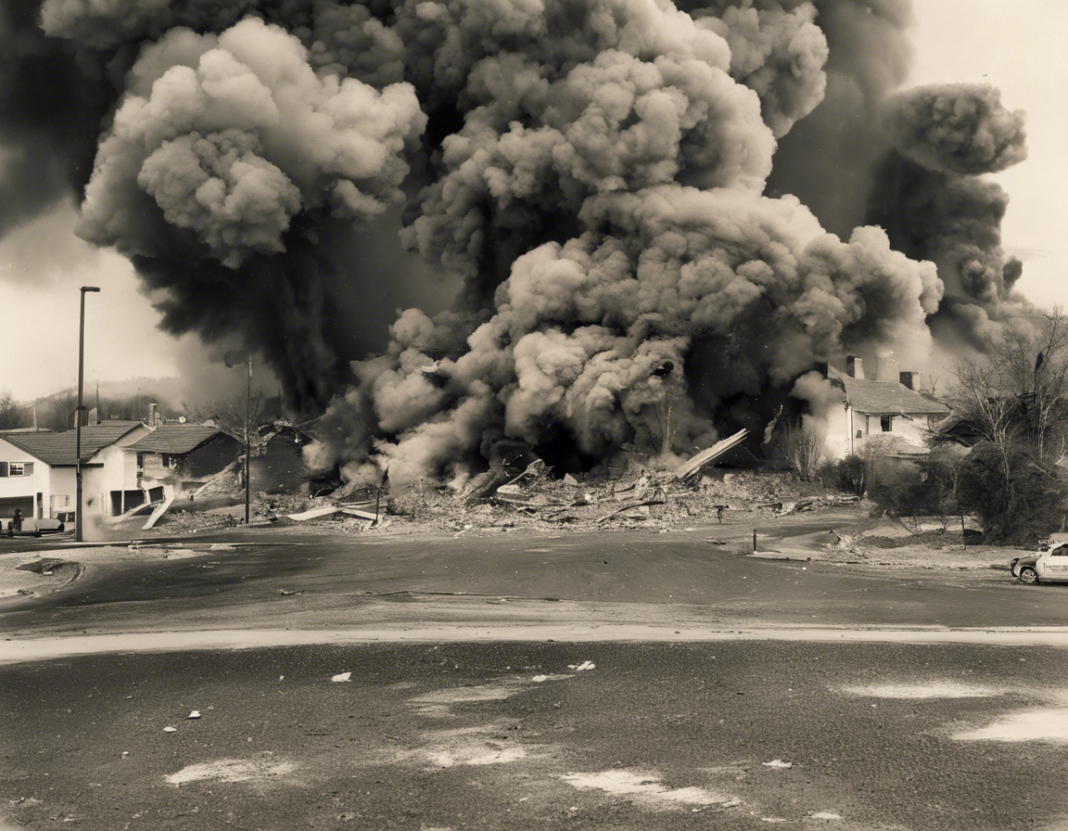Natural gas is a widely used energy source for heating homes, cooking, and powering various appliances. While it is convenient and efficient, it can also pose significant risks if not handled properly. Gas leaks are a common concern for both homeowners and businesses, as they can lead to explosions, fires, and serious health hazards. It is essential to be informed about preventing gas leak explosions and knowing how to respond in case of a gas leak emergency.
Recognizing the Signs of a Gas Leak
One of the first steps in gas leak prevention is being able to recognize the signs of a potential leak. Some common indicators of a gas leak include:
1. Rotten Egg Smell:
Natural gas is odorless, but gas companies add a distinctive smell (similar to rotten eggs) to help detect leaks.
2. Hissing Sounds:
A loud hissing or whistling sound near a gas line or appliance could indicate a leak.
3. Dead or Discolored Vegetation:
If plants in the vicinity of a gas line are dying or changing color, it could be a sign of a leak underground.
4. Physical Symptoms:
Symptoms like dizziness, nausea, fatigue, or headaches may indicate a gas leak affecting your health.
Gas Leak Prevention Tips
To minimize the risk of a gas leak explosion, consider the following safety tips:
1. Proper Installation:
Ensure that all gas appliances are installed by qualified professionals and inspected regularly.
2. Ventilation:
Keep areas where gas appliances are located well-ventilated to prevent the buildup of gas.
3. Regular Maintenance:
Schedule routine maintenance for gas appliances to check for leaks and ensure everything is in working order.
4. Carbon Monoxide Alarms:
Install carbon monoxide detectors in your home to alert you to the presence of this odorless gas produced by faulty gas appliances.
5. Act Promptly:
If you suspect a gas leak, evacuate the premises immediately and contact the gas company and emergency services.
What to Do in Case of a Gas Leak
If you suspect a gas leak, follow these steps to ensure your safety:
1. Evacuate Immediately:
Leave the building and move to a safe location away from the smell of gas.
2. Do Not Use Electronic Devices:
Avoid using phones, light switches, or anything that could create a spark and ignite the gas.
3. Do Not Attempt to Locate the Leak:
Leave the investigation to the professionals trained to handle gas leaks safely.
4. Ventilate the Area:
Open windows and doors to allow the gas to disperse.
5. Contact Emergency Services:
Call 911 or your local emergency number, as well as your gas company, to report the leak.
FAQs about Gas Leak Explosions
1. Can a small gas leak cause an explosion?
Yes, even a small gas leak can lead to an explosion if ignited.
2. How long does it take for a gas leak to explode?
The time it takes for a gas leak to ignite can vary but prompt action is crucial to prevent explosions.
3. What should I do if I smell gas but can’t find a leak?
Evacuate the premises immediately and contact the gas company for a thorough inspection.
4. Is it safe to use a gas appliance after a gas leak?
No, it is essential to have a professional inspect and repair the appliance before using it again.
5. Can gas leaks be prevented entirely?
While it is difficult to completely eliminate the risk of gas leaks, regular maintenance and vigilance can greatly reduce the chances of a leak occurring.
In conclusion, being proactive in gas leak prevention and knowing how to respond in case of a gas leak emergency is essential for the safety of your home and those within it. By following the tips outlined above and staying informed, you can minimize the risks associated with natural gas usage and ensure a safe living environment.
